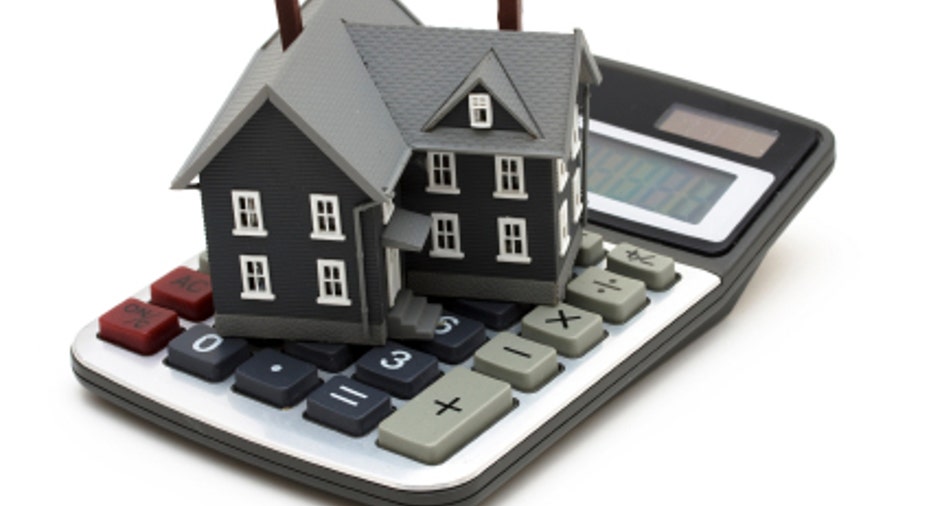Wipe Out Savings to Get Rid of Your Mortgage?

Dear Debt Adviser, I would like to know whether it would be wise to try to pay off my mortgage early. I am a 76-year-old widow with a 29-year mortgage of $93,000. I would like to be debt-free. I am on Social Security and still work part time. If I attempt this, it would deplete most of my savings. I struggle with this idea daily, wanting to be debt-free but then not having savings if needed. Would paying off this debt make any sense at this point in my life? I do not have quite enough to pay it off at this point, but I will in about a year or so. If you can offer any advice, I would appreciate it. Thank you so much. -- Janet
Dear Janet, I hear you when you say you want to be debt-free. What I don't understand is why. If you are worried that you may not live long enough to fully pay your mortgage, don't. Your heirs will have the choice of selling your home and inheriting the funds from the sale minus the mortgage owed, or keeping the home and taking out a new mortgage. Either way, your heirs will not suffer any ill effects from a mortgage remaining on your home at the time of your death.
Many of us carry around preconceived notions of what we should be doing. Often, these are idealized behaviors we learned from parents or respected advisers. While being debt-free is a great concept, for many of us it requires years of planning, saving and trade-offs. Trading your savings (think: safety net) for an idealized notion from your earlier days may be a mistake. As long as you are able to make the mortgage payment each month on time and as agreed, carrying mortgage debt at your age is fine. If anyone has told you it is not, I would encourage you to ask for an explanation and determine whether the reasoning makes sense to you.
What I believe is not fine is to deplete most of your savings to pay off your mortgage. Emptying your savings will leave you vulnerable for any unexpected expenses that may arise in the future. You don't know how much longer you will want or be able to work part time, and when you stop, you will be living on a fixed income. Without your savings, you will have no access to extra money should you need it or if an emergency arises.
We both know from experience that as soon as you drop your car insurance, you have an accident, and as soon as you cancel your doctor's appointment, you get sick. Conversely, once you bring your car to the mechanic, it stops acting up! Following this logic, I worry about what will happen next if you drain your savings.
Although no one knows how long they have until they leave this life, it may be best to plan for more time rather than less. My father used to say that no matter what your wishes are, you can't leave until your number is called, and you can't stay any longer once it is. With that in mind, I want you to do some planning. Consider meeting with a financial planner if you don't already have one. A financial planner can review your financial situation and help you formulate a realistic plan that will meet your goals. You can review how you would ultimately like to leave your estate.
It's best to look at the big picture to come up with the most satisfactory answers to questions such as whether you have adequate insurance for your goals, the tax implications of the decisions you're making and if it would make sense for you to work toward becoming debt-free.
Good luck!
Bankrate's content, including the guidance of its advice-and-expert columns and this website, is intended only to assist you with financial decisions. The content is broad in scope and does not consider your personal financial situation. Bankrate recommends that you seek the advice of advisers who are fully aware of your individual circumstances before making any final decisions or implementing any financial strategy. Please remember that your use of this website is governed by Bankrate's Terms of Use.



















